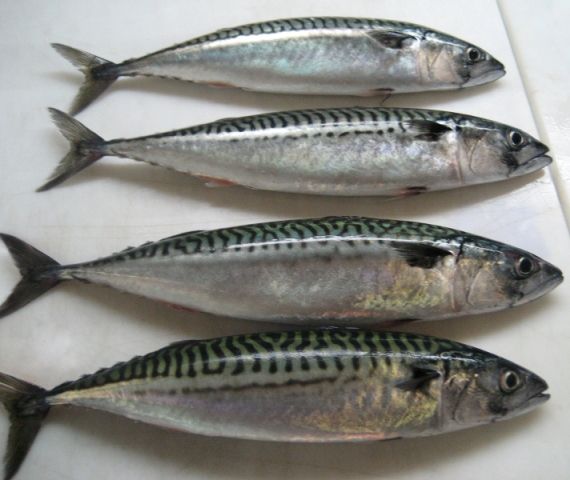The Fisheries Society of Nigeria and other stakeholders in the agriculture sector have decried that Nigeria is importing fisheries worth about $1bn annually when the country has abundant water resources.
A member of the House of Representatives, Mr Awaji-Inombek Abiante, specifically called for a separate ministry to handle fisheries and aquaculture in the country due to the huge potential for the economy.
This is just as FISON installed various governors, former governors, members of the National Assembly, and traditional rulers as its fellows.
The investiture ceremony took place in Abuja on Saturday at the 16th Fellowship Investitures and Launching of N500m Building Fund for the National Secretariat.
The new FISON fellows are Governor of Ekiti State and Chairman, Nigerian Governors’ Forum, Kayode Fayemi; Governor of Plateau State and Chairman, Northern Governors’ Forum, Simon Lalong, and Governor of Bauchi State, Senator Bala Mohammed.
Members of the Senate include former Governor of Nasarawa State, Senator Abdullahi Adamu; former Governor of Ogun State, Senator Ibikunle Amosun; Deputy Chief Whip, Senator Aliyu Sabi-Abdullahi; and Senator Muhammad Enagi.
Honoured in the House of Representatives were the Chief Whip of the House, Mohammed Monguno; Awaji-Inombek Abiante, and Abdullahi Garba.
Also on the list were the Chief of Army Staff, Lt-Gen Tukur Buratai; Senior Special Assistant to the President on Niger Delta Affairs, Senator Ita Enang; and Emir of Borgu, Niger State, Dr Muhammed Dantoro, among others.
Speaking to journalists, Abiante said, “You have listened to people speak, you have seen the gap in our fish requirement. Apart from that, the records are there; science is tending to encourage us to do more of fish than red meat. There is Omega3 requirement for several categories of persons, and you find it in fish.
“The value chain addition that we will have, we are losing it out. The total global value of the fishing industry is over $200bn and with the kind of environment we have, we can get as much as 5 to 10 per cent. The 10 per cent of that value will give us something even greater than what we make in the oil and gas sector.
“If we can conserve what we use; the import value of fish is over $1bn as we speak, that is over N400bn. It can take care of the capital budget requirements of two ministries under this administration. So, the challenge is advocacy. Those who should know have not known. What we have is not adequate.”
Earlier, Chairman of the Council of Fellows, FISON, Prof Francis Sikoki, decried that Nigeria, despite being in the midst of abundant aquatic resources that include a coastline of 853 kilometres, abundant swamps, and wetlands as well as numerous lakes and rivers, depends on fish importation to meet its needs.
“In fact, the Nigerian Fisheries Report 2016 estimated our fish demand at 3.32 million metric tonnes but domestic production was placed at 1.12 million metric tonnes, leaving a deficit of 2.2 million metric tonnes,” Sikoki said.
Also, the National President, FISON, Dr Adegoke Agbabiaka, described Nigeria as a fish-consuming nation.
He said, “Presently, Nigeria’s annual fish demand is placed at 3.5 million metric tonnes while annual production from all sources – aquaculture, and industrial – is an abysmal 1.1 million metric tonnes, thus making the country a net importer of fish in order to meet with the fish demand of the populace.
“Due to the aforementioned, the results include capital flight, depleted foreign reserve, unemployment and social vices, of which we have just witnessed recently.”





















